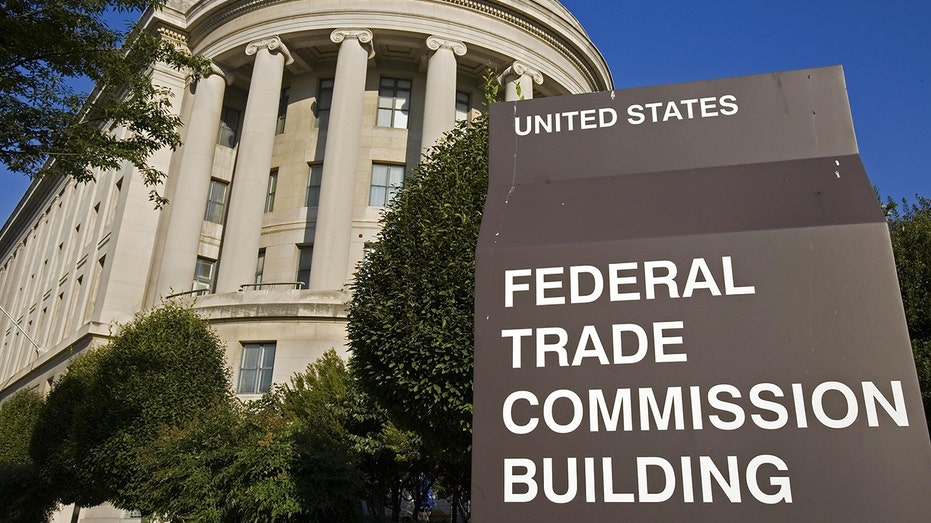The Federal Trade Commission has announced a new strategy to hold gig economy corporations responsible for exploiting its employees.
The FTC noted a number of issues confronting gig workers in an 17-page policy statement issued on Thursday, including lying about pay and hours, unfavorable contract terms, anticompetitive wage fixing, and coordination between gig organizations.
According to Samuel Levine, head of the FTC’s Bureau of Consumer Protection, “gig employees are consumers entitled to protection under the laws we enforce, regardless of how gig companies choose to designate them.” “To ensure that gig workers are treated properly, we are fully committed to coordinating our consumer protection and competition enforcement activities inside the FTC as well as cooperating with other agencies across the country.”

Uber, Lyft, DoorDash, Instacart, Grubhub, Gopuff, HopSkipDrive, and Shipt were all represented by the Flex Association, a trade association, at the FTC’s 3-2 adoption decision on Thursday. In order to share knowledge about how its members may support app-based earners and their communities, the trade association told FOX Business that it wants a “open dialogue” with the FTC.
Flex CEO Kristin Sharp said in a statement to FOX Business: “During yesterday’s conference, we heard from workers and advocacy groups underlining how app-based work provides flexibility and freedom that helps millions of people earn additional income on their terms.” The viewpoint of the very workers that the FTC seeks to safeguard is absent from its policy statement.
COVID-19 PANDEMIC SPURRED A GIG WORKER INCREASE AND A RARE JOB: “AIRBNB FOR DOG PARKS”
The policy statement quotes data from the Federal Reserve and the organization’s Serving Communities of Color report to note that 16% of Americans make money through online gig platforms, and that compared to 12% of White adults, 30% of Latino adults, 20% of Black adults, and 19% of Asian adults have worked gigs.
By 2023, A 2019 study by MasterCard predicted that the gig economy would provide $455 billion in yearly sales.

The agency claims it will examine possibly unfair terms placed on gig employees, such as non-compete provisions, liquidated damages clauses, and nondisclosure agreements, in order to hold gig businesses accountable.
It will also look into evidence of no-poaching agreements and agreements sharing competitively sensitive information that could reduce worker compensation, as well as evidence of agreements between gig companies to fix wages, benefits, fees, or other terms related to gig work that should be subject to competition.
The consumer watchdog will also look into mergers and other combinations of gig businesses that might significantly reduce competition between or among them and challenge them as necessary. It will also look into any predatory or exclusionary behavior on the part of dominant businesses that might illegally establish or maintain a monopoly or monopsony that results in lower pay or worse working conditions for gig workers. A monopsony is a powerful employer or buyer.
UBER IS CONSIDERING A SYSTEM HACK
The FTC has already started a regulation process to improve its capacity to identify and discourage false earnings claims and has requested feedback on the frequency of such claims in relation to gig employment.
Additionally, it warned more than 1,100 businesses that making unfair or deceptive representations to draw customers to money-making possibilities in violation of the FTC Act could result in serious civil fines of up to $43,792 per violation.













